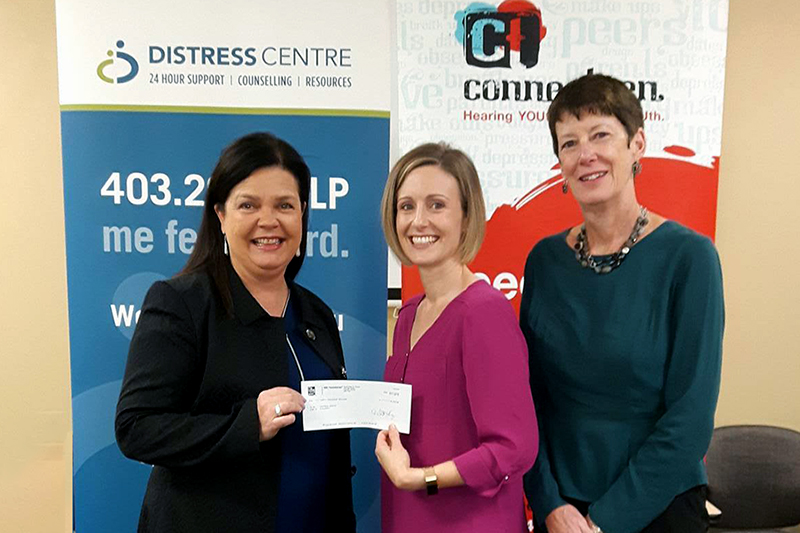As Canada’s largest bank, RBC is one of the largest corporate donors not only in Canada but around the world. On a global basis they are one of North America’s leading diversified financial services companies.
The RBC Youth Mental Health (YMH) Project is RBC’s commitment to support mental health programs that help youth and families access the right care at the right time. They recognize that this is a huge challenge facing Canada’s young people. That is why they are walking the talk and are prepared to spend the next ten years and $500 million to help young Canadians.
Through the YMH Project, RBC has provided more than $34 million to organizations dedicated to helping kids and families get the programs and resources they need. Their hope is that their funding will help achieve integration not just within the mental health system, but between the mental health and general health care system. They also prefer to fund programs that do not duplicate services provided by other organizations.
Since 2008, the YMH Project has helped hundreds of organizations dedicated to providing early intervention, increasing public awareness and reducing the stigma of mental illness.
RBC and Distress Centre have been partners since 2003. Their first donation was a $50 cart sponsor for a golf tournament. Since then they have donated through their volunteer and employee matching programs, our Lend An Ear Breakfast, Volunteer Appreciation event, and at the 2015 AFP National Philanthropy day tweeting contest. On Friday, October 20 RBC generously donated $30,000 towards our ConnecTeen Program which brings their total support of Distress to over $180,000.
“RBC works really hard to help our clients thrive and our communities prosper and that aligns really well with the important work Distress Centre does. Mental health is really what we want to support which is why we support ConnecTeen. ” said Sandy Pound, Manager, Financial Planning for RBC.
RBC’s donation will help support the increase in demand for our online service which has seen a 180% year-to-date increase in youth texting for support and 106% increase in youth reaching out for support via chat.

